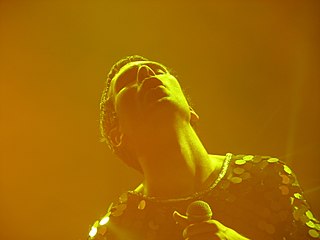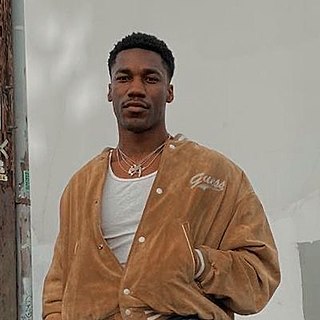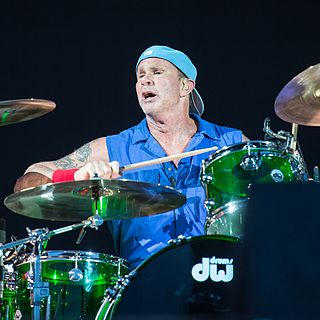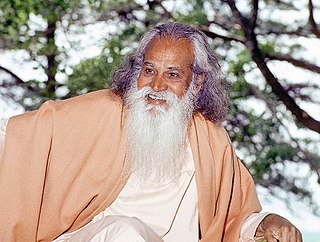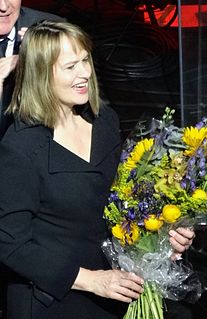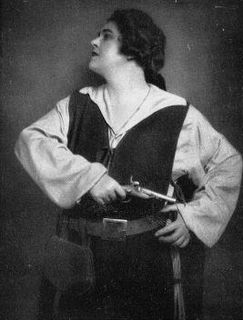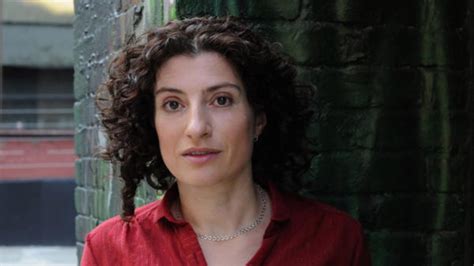A Quote by Brian Chippendale
Words, for me, don't have as much contextual leeway as sound.
Related Quotes
There's a difference between writing, the written word, and music. When you have the blank page it doesn't make a sound, which is like what happens to me every night when I'm playing. There is that crazy moment: the first mark you make on the page. But sound can inspire sound, in a way that words can't inspire words - at least for me. The nature of sound itself is still a huge mystery to me. I'm very happy about that.
For example, the Bible does say this is a proposition, "There is no God." But of course the context of Psalm 14:1 enriches it a bit: "the fool has said in his heart, there is no God." So there are contextual constraints and when you finish putting in all the contextual constraints and sophisticated discussions of what inerrancy is and isn't.


